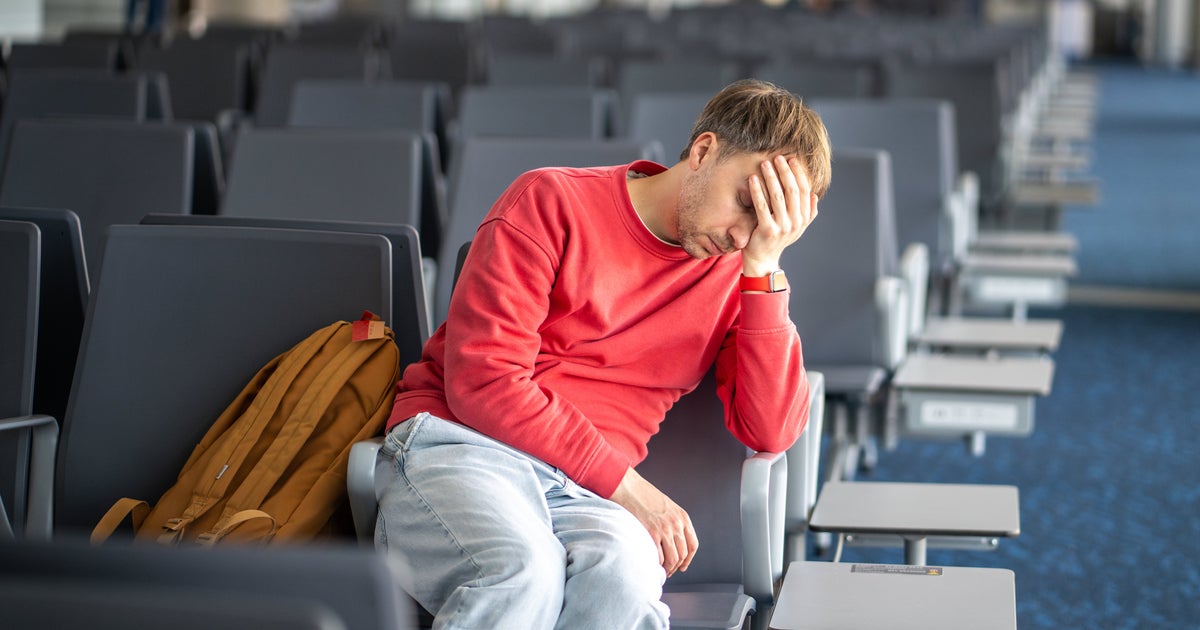As a travel writer who has visited over 100 countries, I recently decided to put AI planning tools to the test myself. For a 24-hour Alaska challenge I’m planning, I gave ChatGPT specific start and end times, plus non-negotiable requirements, including a helicopter ride in remote bear country, and dedicated rest time after the challenge before driving.
Despite my detailed parameters, it ignored the helicopter ride entirely and scheduled driving immediately after 24 hours with no sleep.
Even a simple weekend trip to Portland revealed serious flaws. The AI sent me across opposite sides of the city, suggested “short walks” to restaurants miles away, and had me arriving at attractions just before closing. It even scheduled my final activity to end at the same time my flight was departing, apparently believing I could teleport directly to my airplane seat.
What worries me most is when inexperienced families don’t spot these glaring mistakes before booking. Many are learning the hard way.
Such planning errors are common. Judy Gauthier, chief commercial officer of Go City, who has overseen the development of generative AI tools, discovered this while planning her family trip to the Smokies. “I used AI to recommend a waterfall hike that my family would love, and it repeatedly suggested the popular Laurel Falls Trail, which sounded perfect. Unfortunately, I later learned via a Smokies Facebook page that the trail was closed for an 18-month rehabilitation project.”
Gauthier also discovered how AI misinterprets context. When she asked about swimming in San Sebastián, Spain, AI warned her about shark dangers, apparently confusing the city’s aquarium with actual ocean conditions. “It turns out you could swim with sharks at the aquarium,” she explained, highlighting how AI pieces together fragmented information to reach inaccurate conclusions.
When families follow AI’s flawed recommendations, they risk vacation-ruining mistakes and often need help, as Parik Laxminarayan, co-founder of luxury travel company Enchanting Travels, has seen firsthand. He helped a guest on a Scandinavian holiday who used AI to book a hotel “only five miles” from dinner reservations, assuming taxis would be available. When no one serviced that remote suburb, the guest called in panic. The AI had calculated distance but ignored the reality of how to cover it.
Studies Have Proven There Are Flaws
These issues are more than anecdotal. Recent research found that OpenAI’s most…
Click Here to Read the Full Original Article at Travel…
